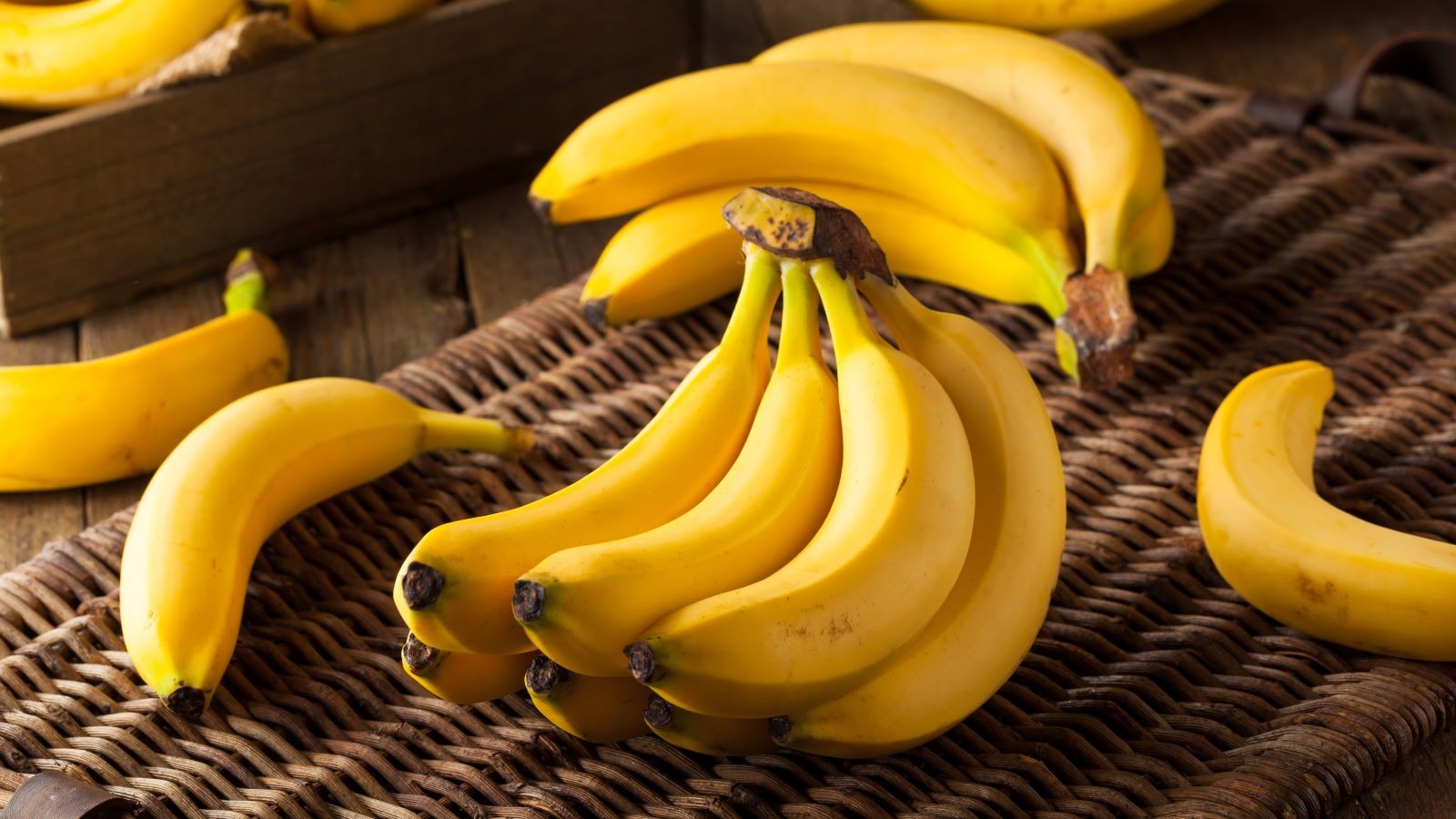Nausea can be debilitating, making the thought of food unappealing. However, specific foods can ease your discomfort and provide essential nutrients. Understanding what to eat and avoid when you have an upset stomach is key to recovery.
“If you’re feeling nauseous, there’s likely something else going on like a stomach bug, digestive disorder or even morning sickness during pregnancy,” says Emily Lewis, DCN, RD, a dietitian with Hartford HealthCare in Bridgeport. “Whatever it is, your body needs fuel to function properly and fight infection, making it important to eat even when nauseous.”
6 Best Foods to Eat When You Have An Upset Stomach
When struggling with nausea, focus on easily digestible foods with minimal odors. Cold foods are often more tolerable due to their weaker smell. Here are some good foods for an upset stomach.
- Toast: Plain toast is easy to digest and can help absorb excess stomach acid, easing nausea.
- Mashed Potatoes: Smooth, unseasoned mashed potatoes are gentle on the stomach and provide necessary carbohydrates.
- Plain Rice or Noodles: Simple carbohydrates like plain rice or noodles are easily digestible and provide energy without irritating the stomach.
- Bananas: Bananas are part of the BRAT diet (Bananas, Rice, Applesauce, Toast) and are easily digestible, providing essential potassium.
- Protein-Rich Foods: Lean protein sources like low-fat Greek yogurt, plain chicken or turkey, and protein shakes can help stabilize blood sugar levels and reduce nausea.
- Mild Fruits and Vegetables: Sweet potatoes and pears are gentle on the digestive system and offer essential vitamins and minerals.
The BRAT diet (bananas, rice, applesauce, and toast) can be a helpful starting point, but remember to include protein for sustained relief.
Smaller, more frequent meals are better than large meals. “Eating small meals every one or two hours, rather than three larger meals, helps control nausea by not overfilling your stomach,” says Lewis.
Foods to Avoid When You Have an Upset Stomach
Certain foods can exacerbate nausea and prolong discomfort. Avoiding these can help your stomach recover more quickly.
- Fried Foods: High in fat, fried foods are difficult to digest and can worsen nausea.
- Full-Fat Dairy Items: Dairy products, especially those high in fat, can be hard to digest and may increase nausea.
- Spicy Foods: Spicy foods can irritate the stomach lining and worsen nausea.
Staying Hydrated When You’re Nauseous
Hydration is crucial when you’re feeling nauseous. Sip small amounts of fluids throughout the day instead of gulping large quantities. Good choices include:
- Water: Plain water is the most basic and essential fluid for hydration.
- Broth: Clear broth provides electrolytes and is gentle on the stomach.
- Ginger and Peppermint Tea: Ginger and peppermint have natural anti-nausea properties that can soothe the stomach.
Conclusion: Gentle Eating for a Happier Stomach
When dealing with an upset stomach, choosing the right foods can make a significant difference. Focus on bland, easily digestible options, avoid foods that can irritate your stomach, and stay hydrated with small, frequent sips. By following these guidelines, you can help your body recover and alleviate nausea.

